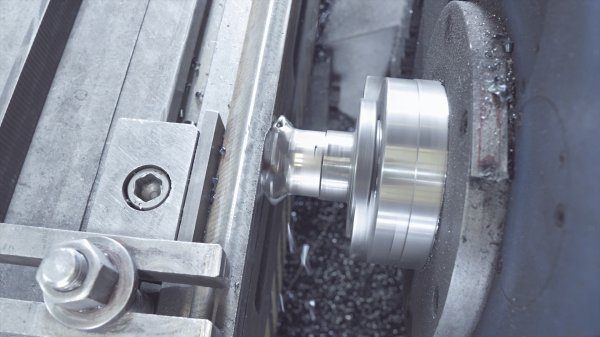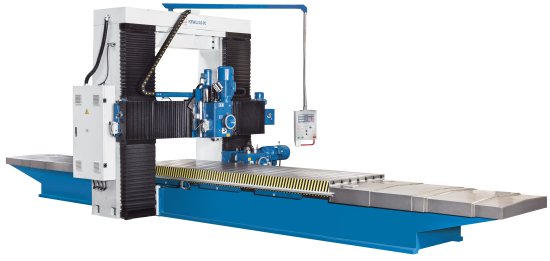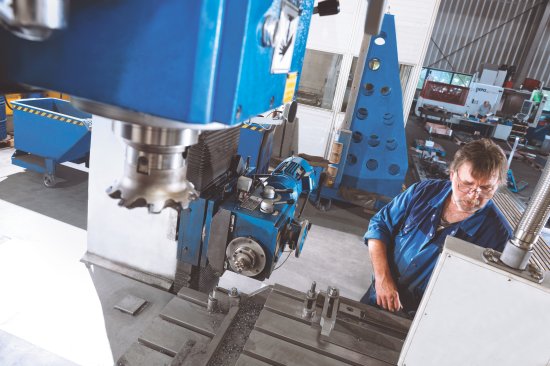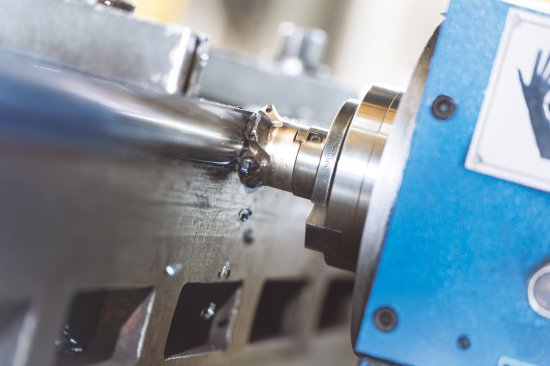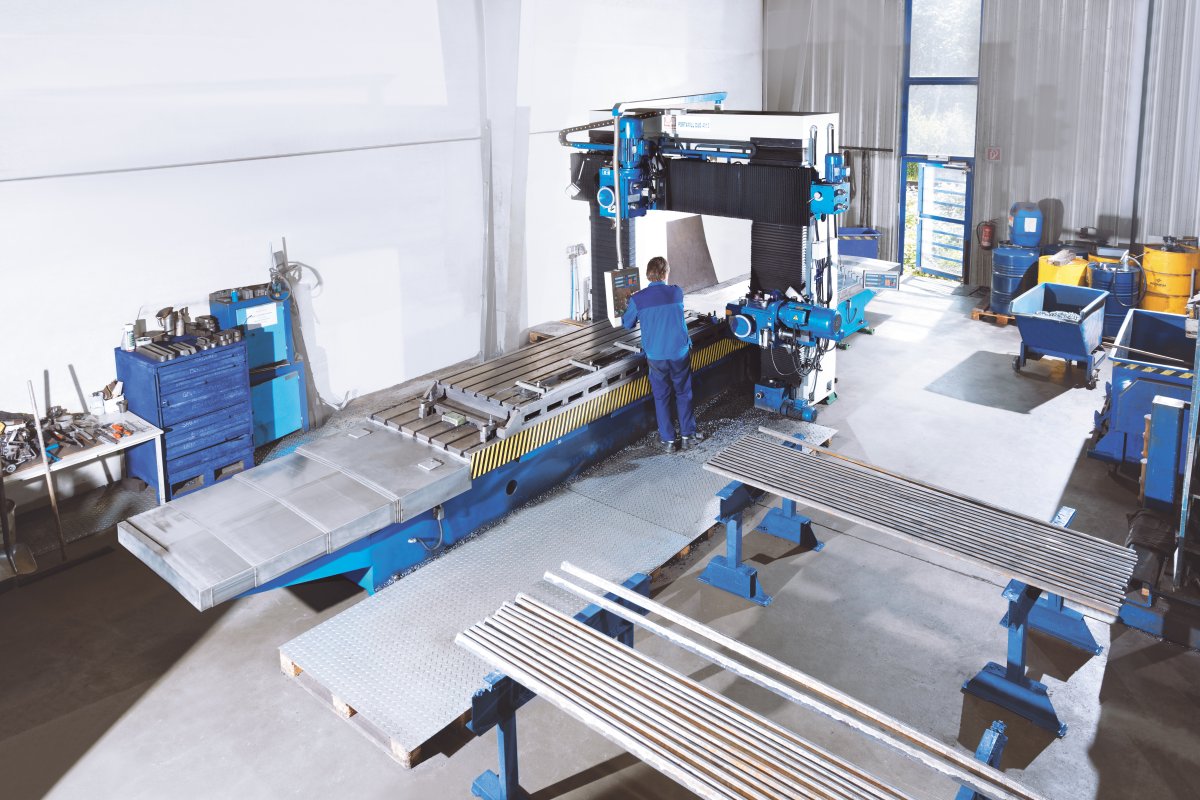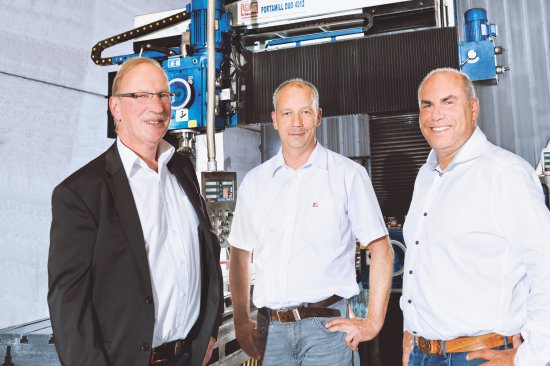Stability – a fundamental success factor
With 30 employees at its headquarters in Warburg, Germany, the company processes 1000 tons of materials per year for their customers. Their main customer base is in Germany, only about 20 % of their orders come from neighboring European countries. “We serve a wide variety of customers, from machine manufacturers all the way to end users such as stone quarries,” said Schulte. “Our customers appreciate our speedy response. And if needed, we also will deliver overnight.” However, the major criterium in wear protection technology is stability and high-precision machining of the protective shields. “Our shields are supposed to protect machinery and equipment as long as possible in an extremely rough environment during shredding of metals, electronics, wood, tires, or glass,” explained Schulte. In order to offer his customers the best possible solutions and most suitable materials, Schulte familiarizes himself in depth with their processes.
